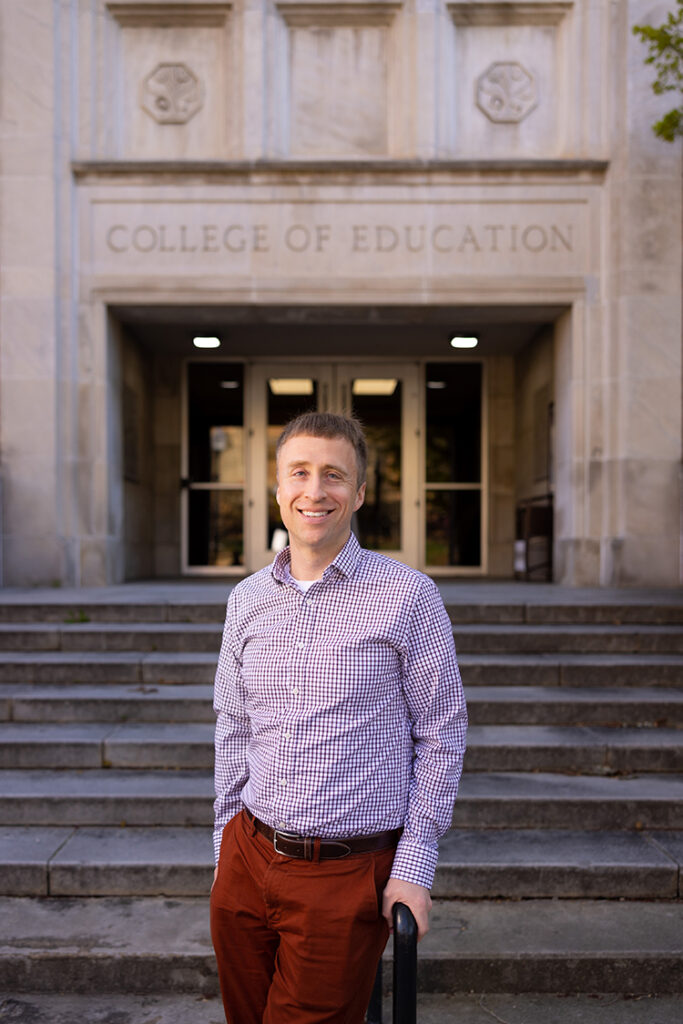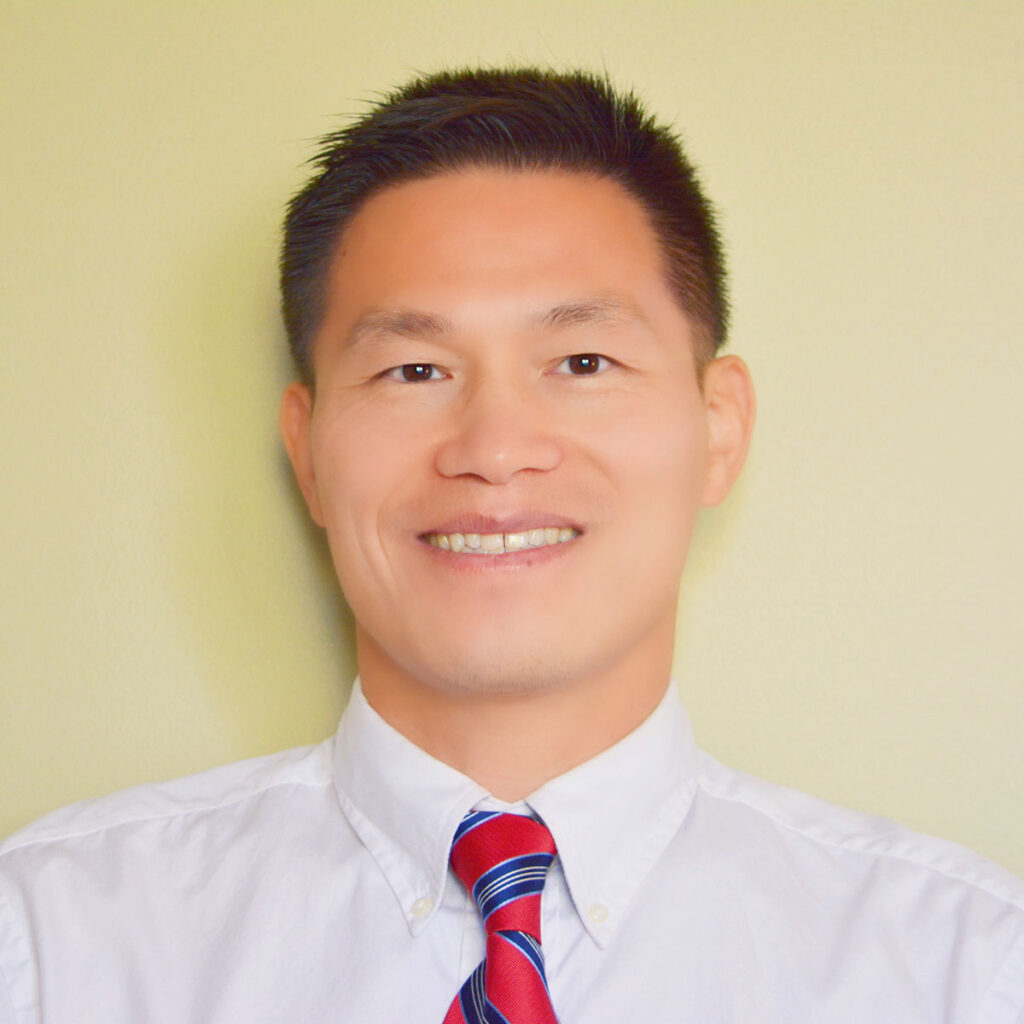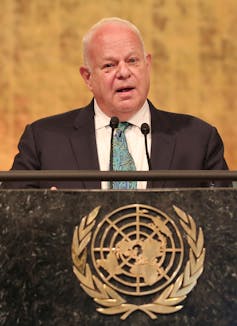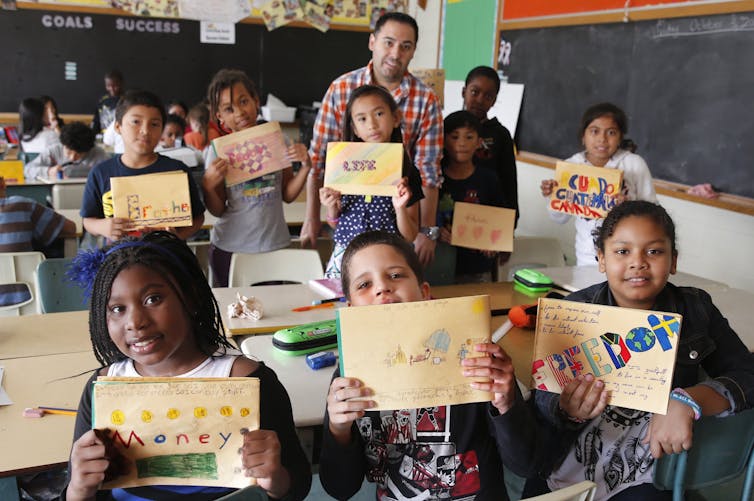Dueñas Highlighted as a 2024 Emerging Scholar by Diverse: Issues in Higher Education
Dueñas Highlighted as a 2024 Emerging Scholar by Diverse: Issues in Higher Education
Mary Dueñas is passionate about student success, especially among underrepresented and marginalized student populations. Because of her passion for students to thrive in a higher education environment, she dedicates a large portion of her scholarship research to examine equity and access issues in higher education.
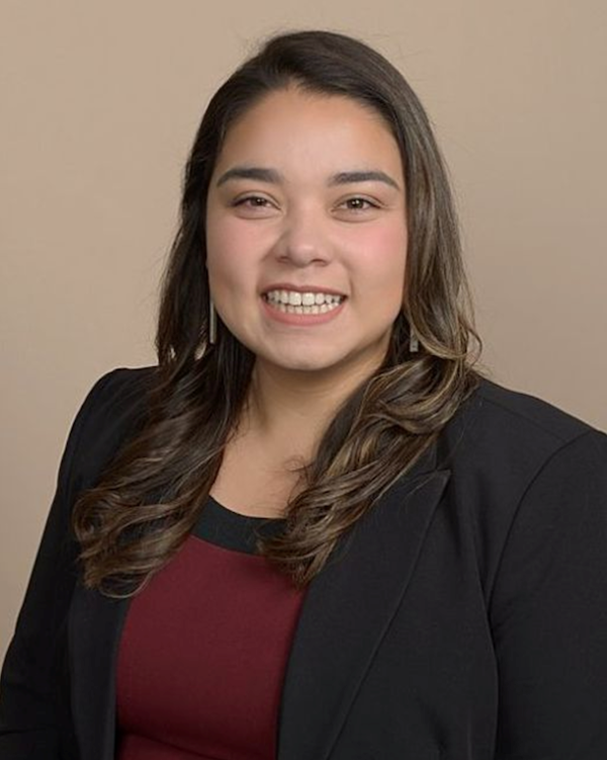
Her work hasn’t gone unnoticed. Just recently, Diverse: Issues in Higher Education named Dueñas “An Equity and Access Champion” in their January 18th, 2024, issue and has named her a Top 15 Emergent Scholar. The publication highlights emerging scholars making an impact on education on college campuses nationwide.
“Receiving this national recognition is wonderful, and I’m honored to share this platform with other outstanding scholars from different disciplines,” said Dueñas.
Dueñas is an assistant professor in the department of Educational Leadership and Policy Studies (ELPS) at the University of Tennessee, Knoxville, College of Education, Health, and Human Sciences (CEHHS). In addition, she serves as program coordinator for the master’s student personnel program in College Student Personnel (CSP).
Using both quantative and qualitative research methods, Dueñas focuses on Latina/o/x/e college students’ sense of belonging and their experience with imposter syndrome. She uses holistic frameworks and critical theory to share stories and explain systemic inequities that marginalized communities face in higher education.
“My research examines the ways in which larger social processes affect students and their overall well-being while also addressing underrepresented and marginalized students in relation to retention and success,” said Dueñas.
Cristobal Salinas, Jr., an associate professor of educational leadership and research methodology at Florida Atlantic University, nominated her for this prestigious national recognition. In his nomination letter, Salinas commended Dueñas for her commitment to scholarship that pushes the boundaries of higher education through novel perspectives and an innovative approach to research.
“This commitment to pioneering scholarship has been complemented by her unwavering dedication to teaching and mentoring the next generation of scholars, which is an integral part of her academic mission, explains Salinas.
Despite having a full plate at CEHHS, Dueñas has authored several peer-reviewed journal articles, been a guest on a podcast, and has several works she is authoring or co-authoring under review. One is “Síndrome del impostor: The Impact of the COVID-19 Pandemic on Latinx College Students’ Experiences with Imposter Syndrome.” She is co-authoring “Culturally Responsive Mentoring: A Psychosociocultural Perspective on Sustaining Students of Color Career Aspirations in STEM”.
Dueñas takes a glass-half-full approach to her work, focusing on the whole student. In other words, she says it’s about the positives that make a student’s experience successful and asking questions about what works.
“There is a changing landscape in how we think about higher education,” Dueñas says. “It’s not so much about the students adapting to higher education, it’s more about how higher education institutions supporting and serving students.”











